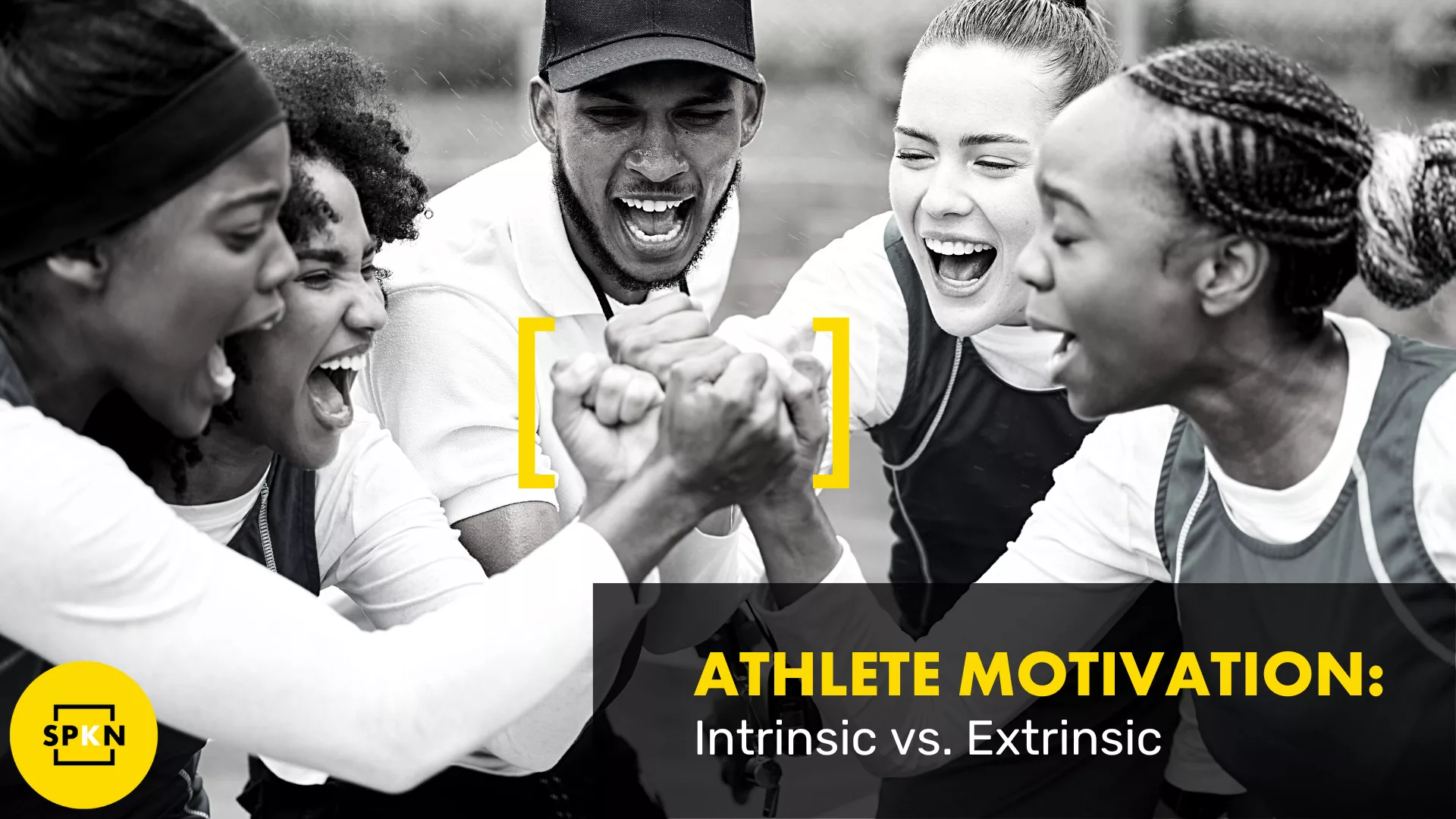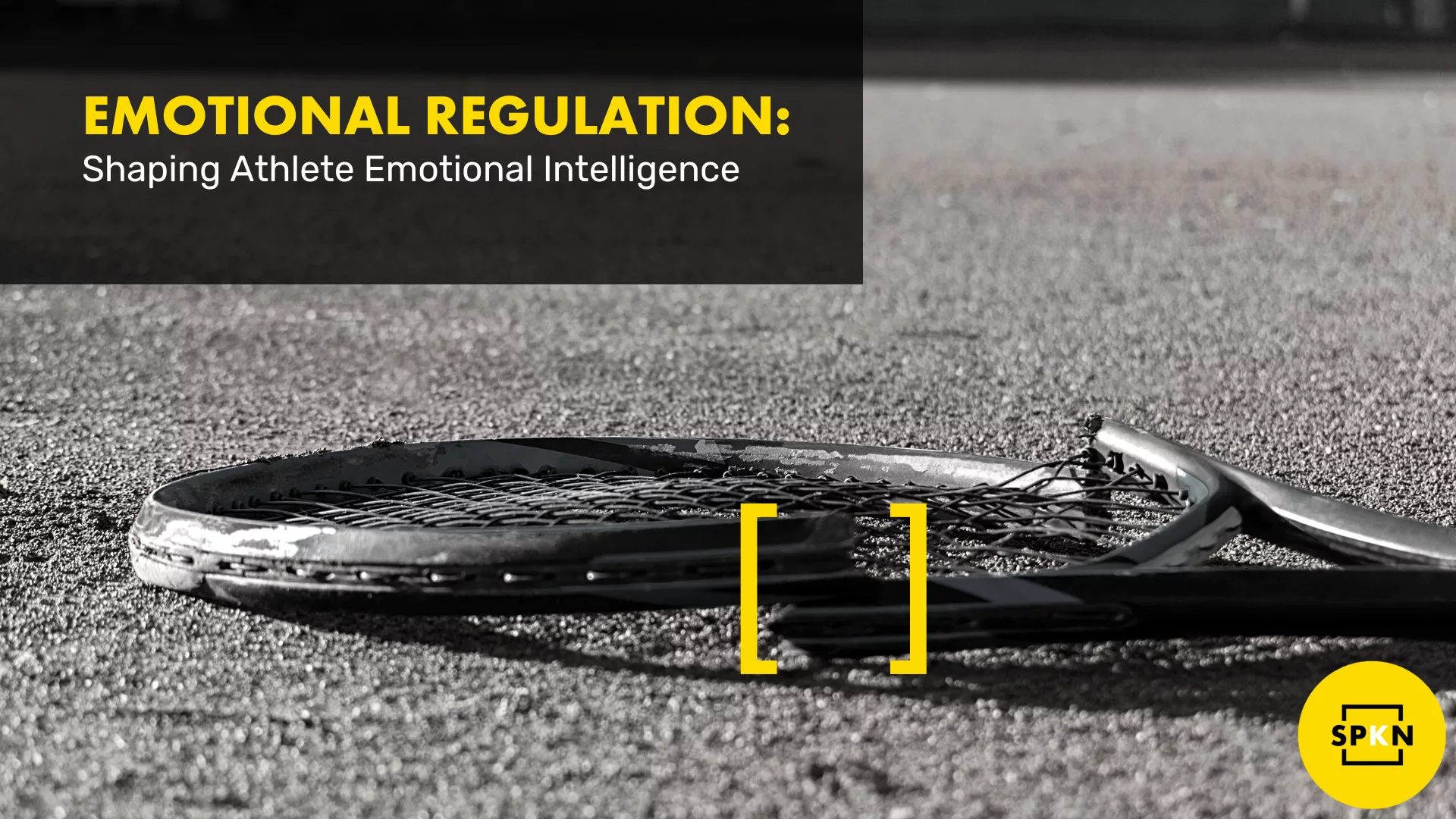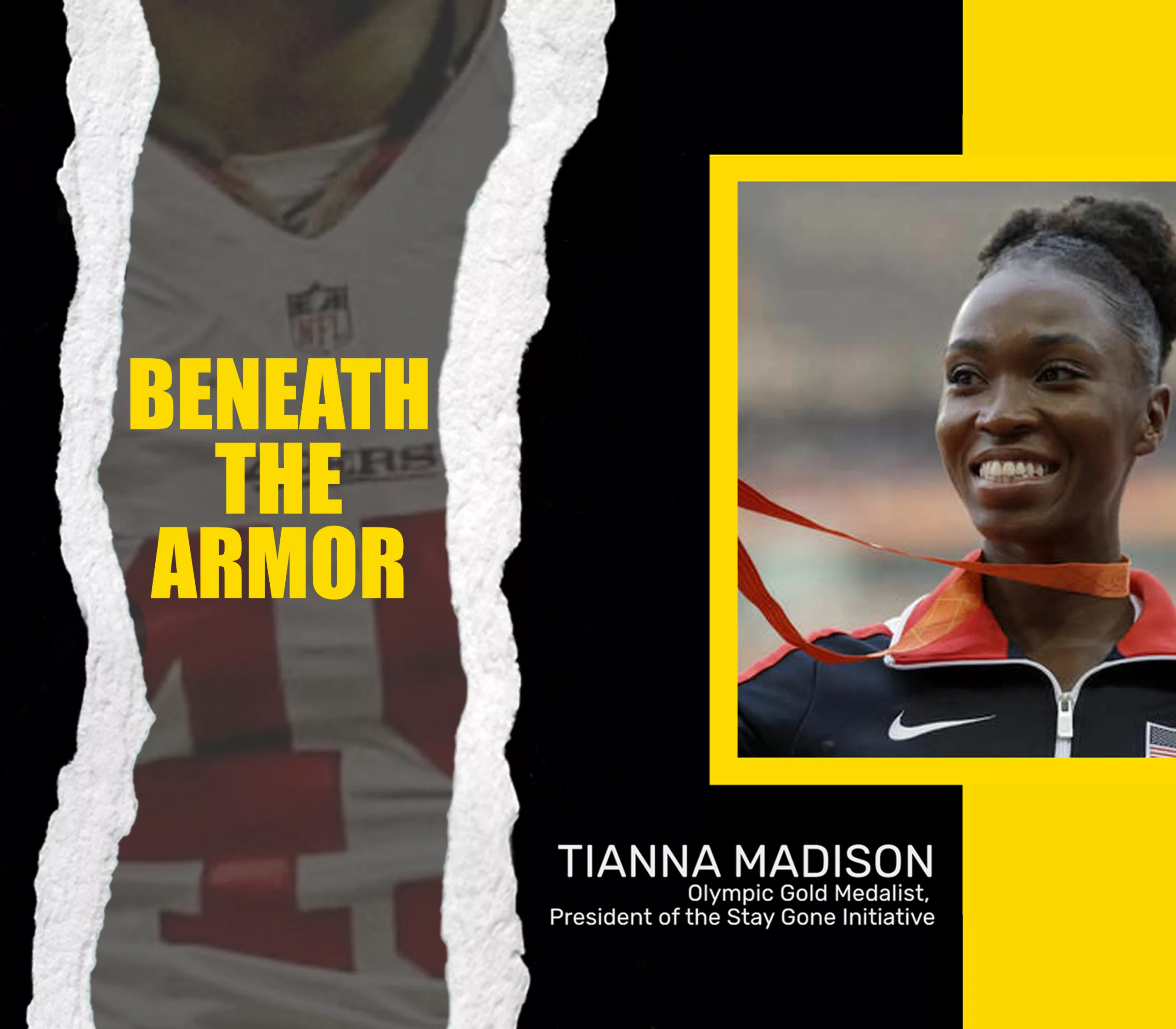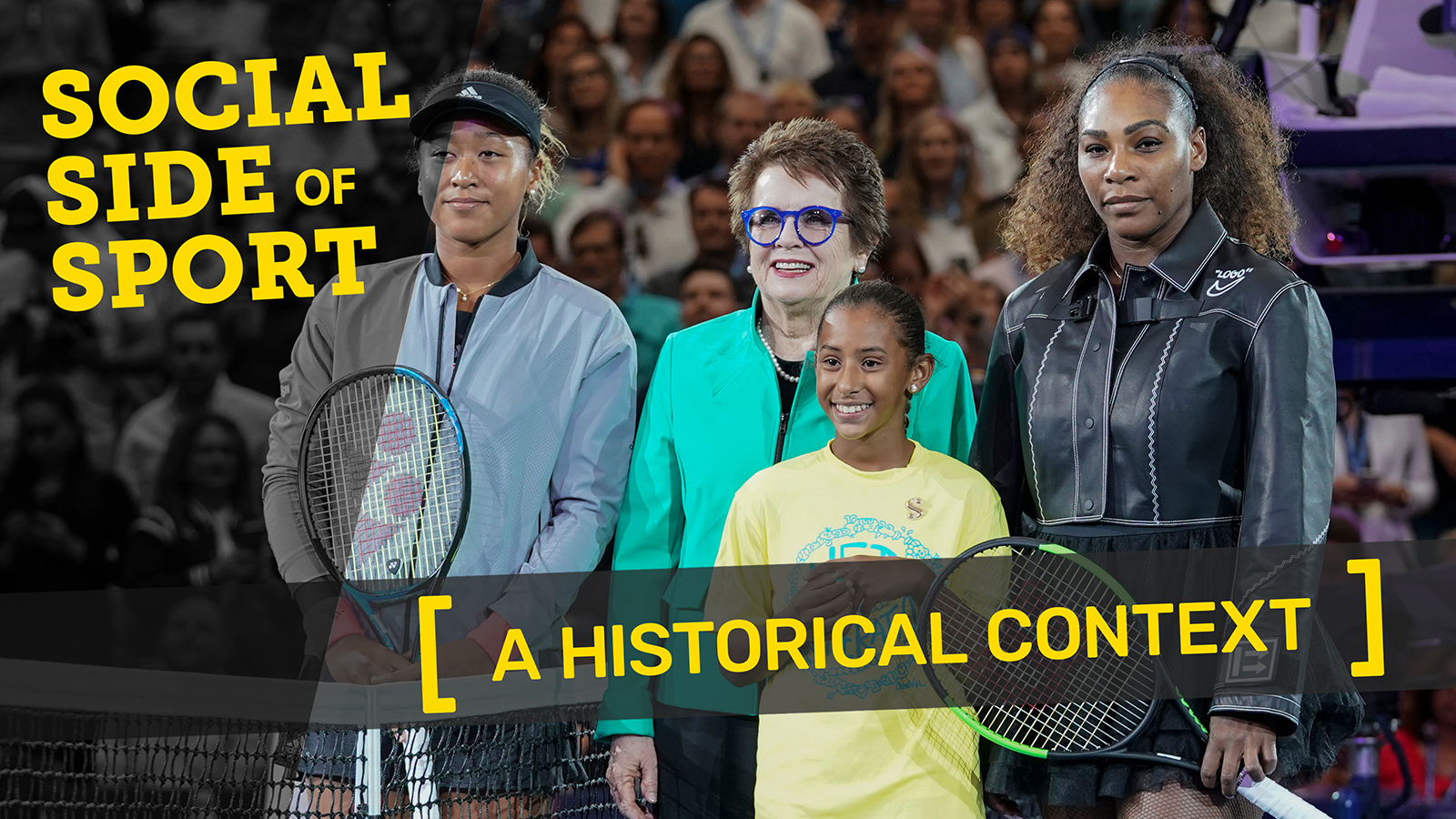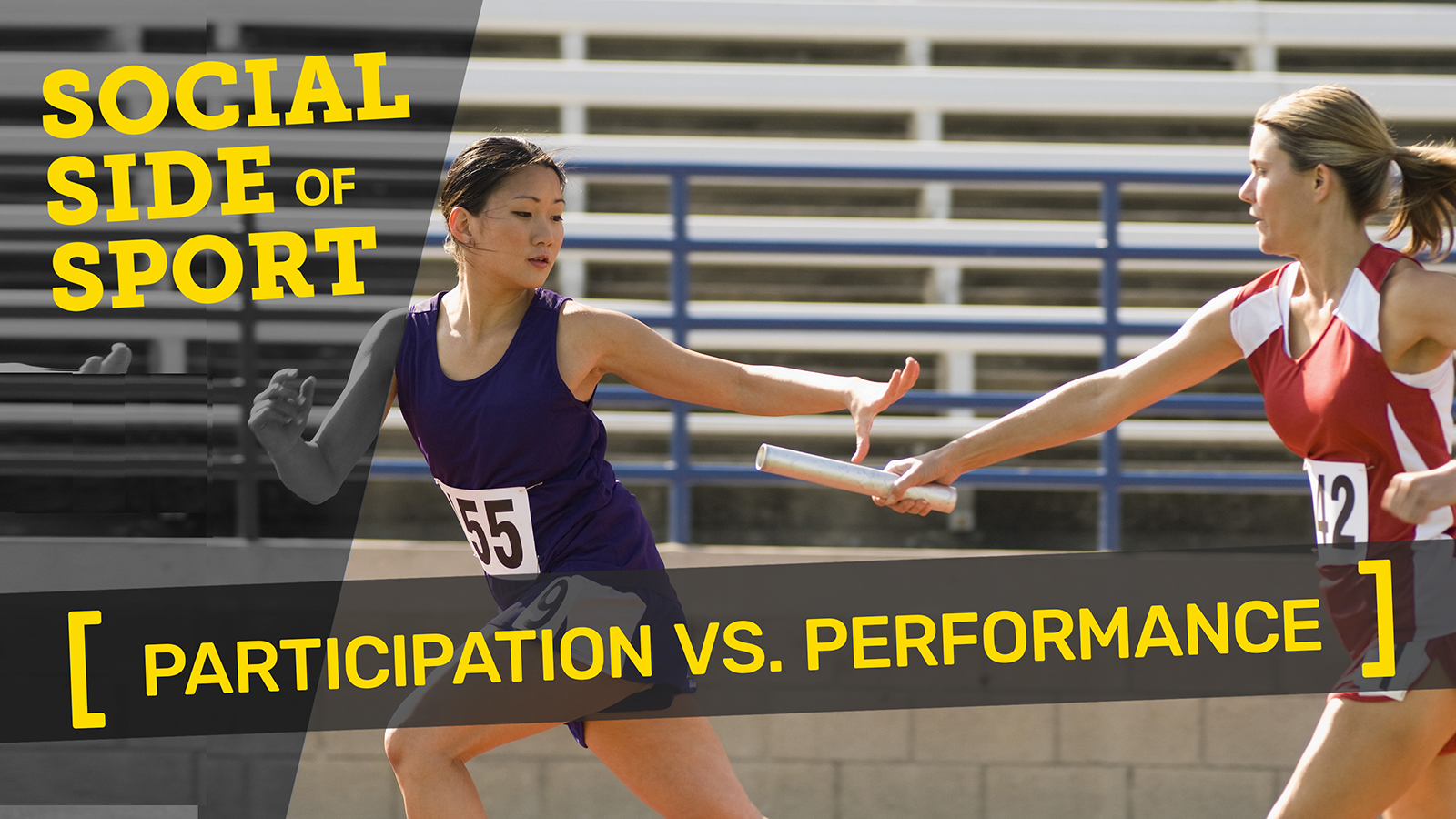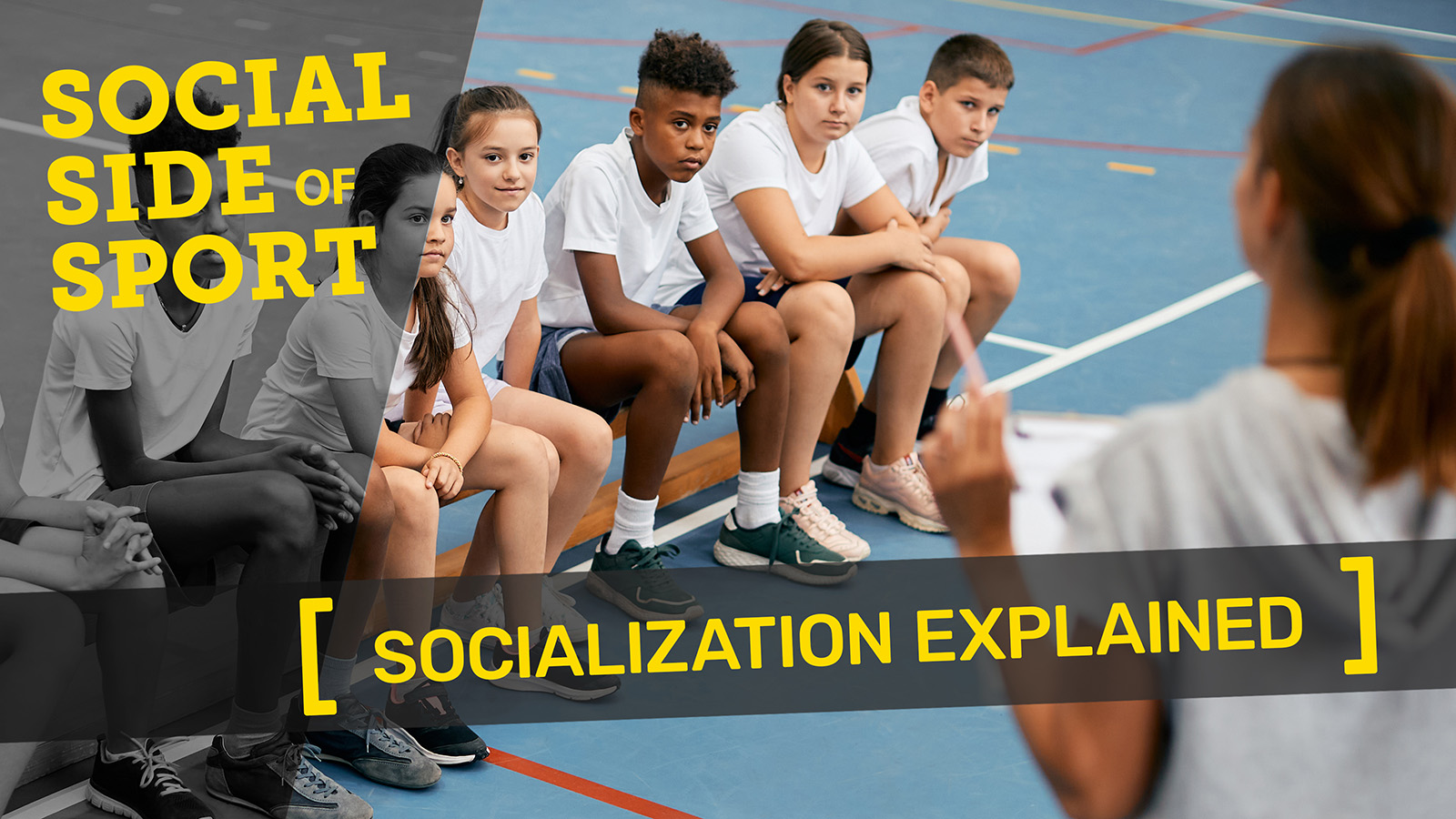Attributions are the perceived causes of individuals, teams. or societies give for events related to themselves or others. Since the work of Fritz Heider (1944), there has been a proliferation of attribution theories aimed at exploring the origins, processes, and consequences of attributions. The first central premise of these theories is that people will naturally engage in attributional thinking in order to understand their interactions with the world and to be better able to control and predict their environments. The second central premise is that the attributions we form of our own, and of others’, behaviors and performances have the potential to influence our emotional, cognitive, and behavioral reactions to events.
Within sport psychology, the dominant attribution theory is that of Bernard Weiner (1985) and the dominant focus has been on self-referent attributions (the explanations we provide for our own performances). Weiner argued that any event that is important, unexpected, or negative for the individual will stimulate attributional thinking as the individual searches for the reasons behind such events. While numerous reasons can be generated, Weiner proposed that all can be categorized into three main dimensions. These are locus of causality (the extent to which causes are perceived as residing within, or outside of, the individual), stability (the extent to which causes are perceived to vary over time), and controllability
(the extent to which causes are perceived to be under the influence of the self). Weiner further proposes that the attributions that are used influence cognitions (expectancies of future success), emotions (e.g., pride, helplessness), and behaviors (effort and persistence). Weiner also made a series of suggestions concerning determinants of attributions. Such determinants include cognitive biases designed to promote or protect self-esteem, specific information provided by others, and dispositions (e.g., attributional style). Weiner’s theory and basic principles have received broad support within sport and exercise psychology research in that the attributional dimensions of controllability, stability, and locus of causality have been shown to predict emotional, cognitive, and behavioral responses to sporting success and failures and have been shown to be influenced by situational and dispositional variables (for a review, see Biddle, Hanrahan, & Sellars, 2001). However, many of Weiner’s specific predictions have not received equivocal support and researchers have offered theoretical advances. In 2005, Rees, Ingledew, and Hardy proposed that attribution research within sport psychology would benefit from examining more theoretical positions than Weiner’s, considering more attribution dimensions (e.g., globality and universality), and examining the interactive effects of dimensions rather than simply main effects.
Subsequent research has provided support for such developments (e.g., Coffee, Rees, & Haslam, 2009). More recently, Allen, Coffee, and Greenlees (2012) proposed a theoretical framework for the exploration of team-referent attributions. Drawing on the theorizing of Weiner (1985) and Rees, Ingledew, and Hardy (2005) and contemporary research in self- and team-referent attribution, Allen et al. (2012) have outlined the nature, determinants, and consequences of team-referent attributions.
References
Allen, M. S., Coffee, P., & Greenlees, I. (2012). A theoretical framework and research agenda for studying team attributions in sport. International Review of Sport and Exercise Psychology, 5(2), 121 144.
Biddle, S. J. H., Hanrahan, S. J., & Sellars, C. N. (2001). Attributions: Past, present and future. In R. N. Singer, H. A. Hausenblas, & C. M. Janelle (Eds.), Handbook of sport psychology (2nd ed., pp. 444 471). New York: Wiley. https://amzn.to/3ZHTKzV
Coffee, P., Rees, T., & Haslam, A. (2009). Bouncing back from failure: The interactive impact of perceived controllability and stability on self-efficacy beliefs and future task performance. Journal of Sports Sciences, 27, 1117 1124.
Heider, F. (1944). Social perception and phenomenal causality.= Psychological Review, 51, 358 374. Rees, T., Ingledew, D. K., & Hardy, L. (2005). Attribution in sport psychology: Seeking congruence between theory, research and practice. Psychology of Sport and Exercise, 6, 189 204.
Weiner, B. (1985). An attributional theory of achievement motivation and emotion. Psychological Review, 92, 548 573.
***Contributed by Iain Greenlees for Hackfort, D., Schinke, R. J., & Strauss, B. (Eds.). (2019). Dictionary of sport psychology: sport, exercise, and performing arts. Academic Press. https://amzn.to/3ZxARzT








